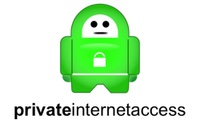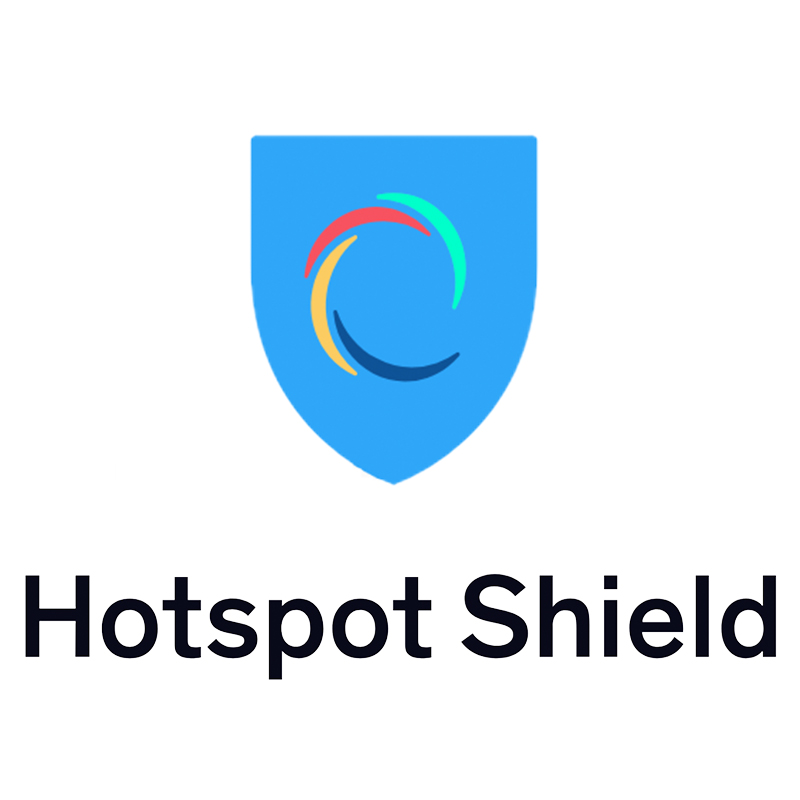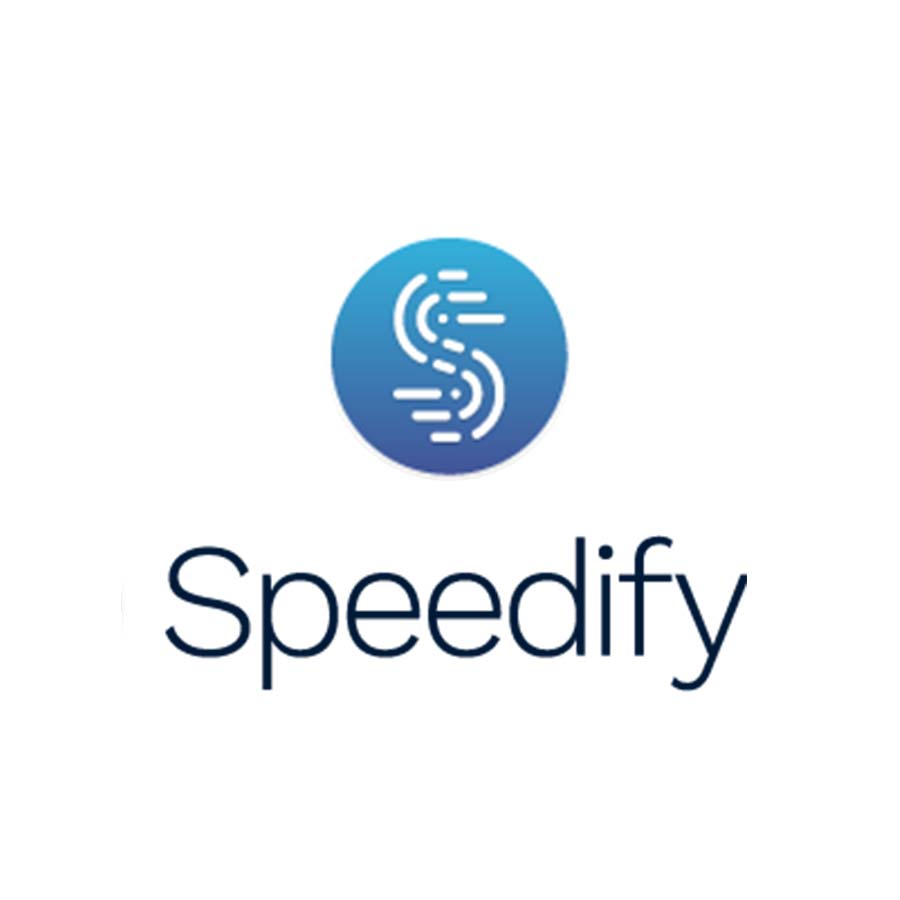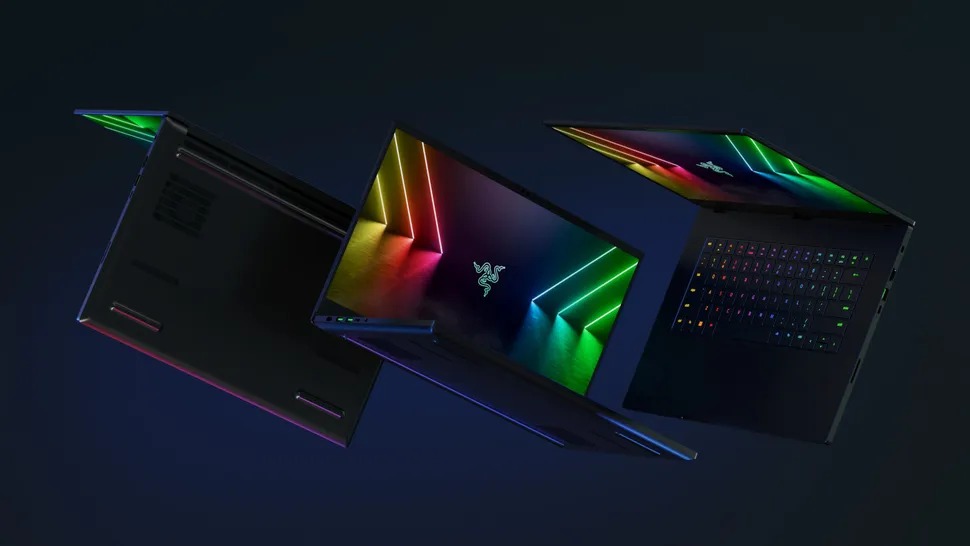How to Avoid NBA Streaming Blackouts
The NBA makes it hard to stream games if you're in a team's home TV market — but there are ways around that.
VPNs can hide your online activities and give remote employees secure network access. But VPNs can also be useful in accessing blocked sports content, and the best VPN services that do this are Private Internet Access and Windscribe.
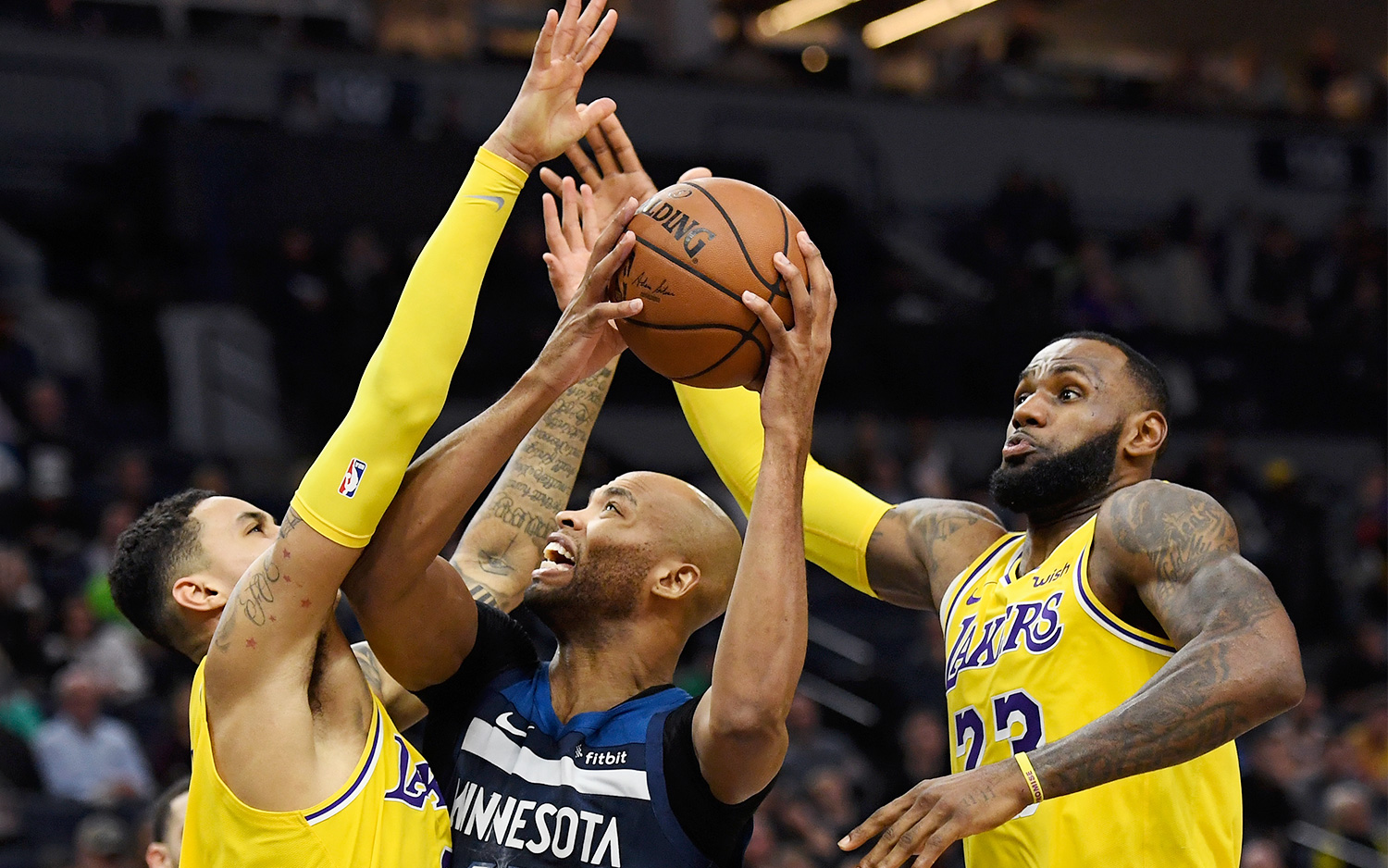
Private Internet Access costs $7 per month, or $40 per year. Its user interface can be a bit complicated, but in our testing, it was speedy and had a healthy slate of features to make it a worthwhile purchase.
If Windscribe is more your speed, you'll find that it has a much nicer design than Private Internet Access, but still has a full slate of features. It costs $9 per month, or $49 per year. If you're fine with a 10GB-per-month cap — enough for a few hours of high-definition video — you can use it for free.
In the sports world, broadcast blackouts are a common occurrence. National Football League teams, hoping to get local fans to watch the game in a stadium instead of on TV, have used blackouts to turn off game broadcasts near a stadium.
MORE: Best VPN Services and Apps
Major League Baseball always lets you watch the game on TV, but blacks out national broadcasts of games in a team's home city if a local or regional TV station or cable channel has broadcast rights to that television market. And if you subscribe to MLB's streaming service, you won't be able to stream a team's games live if you're in the team's TV market.
The National Basketball Association has blackout rules similar to MLB's. Some games are televised nationwide on broadcast networks, and those don't get blacked out anywhere. But games televised on nationwide cable channels take a back seat to local and regional channels in a team's home market.
Sign up to get the BEST of Tom's Guide direct to your inbox.
Get instant access to breaking news, the hottest reviews, great deals and helpful tips.
The same applies to the NBA's own streaming service, NBA League Pass. Local fans who want to stream the big game from the comfort of their couches will be out of luck.
In most cases, the NBA will make the games available to local streamers after the games are over. But by then, fans will have missed the excitement of live sports and might have had the ending spoiled by Facebook or Twitter.
Not surprisingly, fans have sought other solutions. In some cases, they've found that they can bypass local streaming blackouts with help from VPNs.
When sports fans use VPNs, they're connecting to sports streaming services through alternative servers that are located outside their home areas. The NBA's streaming service then believes that the person is outside the team's home market and doesn't black out the game.
While using a VPN to evade sports blackouts can be effective, it's also risky. For one, it likely violates the NBA League Pass terms of service and could get your account terminated. In some cases, you might be violating the Digital Millennium Copyright Act (DMCA), which could prompt fines, lawsuits or prosecution.
Tom's Guide in no way recommends or endorses using VPNs to violate terms of service for streaming services. Still, if you're interested in how people actually use VPNs to circumvent NBA streaming blackouts, here's a rundown of how they do it.
Sign Up for an NBA League Pass Account
Those who are circumventing NBA streaming blackouts are doing so over the web with help from a VPN service that can be installed on a machine (or a router) and can effectively dupe the NBA's servers into thinking they're somewhere they're not.
Naturally, the first thing you'll need to do is to sign up for an NBA account.
The NBA offers a slew of streaming packages for you to explore. At the base level, you can sign up to watch a single game for $6.99.
If you want to watch only your favorite team, you can go for the NBA Team Pass, which costs $120 per year, or $18 per month.
To watch all NBA teams, NBA League Pass costs $200 per year, or $29 per month, for every game. NBA League Pass Premium offers all the benefits of NBA League Pass, plus no commercials and an in-arena stream, for $250 per year, or $40 per month.
Once you choose the account of your choosing, you can watch content on any of a slew of platforms.
Here's a rundown of where NBA streaming content is available:
- Web browser
- Apple iPhone
- Apple iPad
- Android phones
- Android tablets
- Amazon Fire tablets
- Amazon Fire TV
- Apple TV
- Roku
- Sony PlayStation 3
- Sony PlayStation 4
- Microsoft Xbox One
- Android TV
- Samsung Gear VR
- Google Daydream
- Oculus Go
- Oculus Rift
- Microsoft Windows MR
- Sony PlayStation VR
- HTC Vive
- Magic Leap
- Google Chromecast
- Amazon Alexa
- Apple CarPlay
Using a VPN on Your Computer
The best way to use a VPN to bypass NBA streaming blackouts is on a computer. We do not suggest you actually do that, and please be aware that doing so may violate your terms of service and could cause you other problems.
The first thing to do is to sign up for a VPN. We've done testing on a variety of solutions and recommend Private Internet Access and Windscribe.
Once you’ve chosen your VPN service, the process is simple. You only need to log in to your chosen VPN provider and connect to a VPN server that's somewhere in the U.S. outside your blackout zone.
Next, you'll log on to your NBA subscription plan. Once the system analyzes your location and finds the remote server you're connecting from, it'll think you’re close to that server and allow you to watch the game.
Problems with the iPhone and Android
The NBA appears to be ahead of the curve when it comes to blocking a person's ability to fake locations on smartphones.
While it's possible to spoof your location with a VPN by using a computer's browser, that won't work on smartphones. The NBA will find where you are before the VPN can factor into the equation.
Many other streaming services, such Netflix, determine your location by analyzing your IP address, even on mobile devices. In those cases, VPNs can be useful, since your IP address will look like it's coming from a different location.
The NBA, however, uses your phone's GPS and location data to determine where you are. Turning off your location services or throwing your phone into airplane mode will only stop the NBA streaming app from working at all.
Jailbreaking your iPhone or rooting your Android device could be a way around the problem. But we don't recommend you do either, due to security concerns.
An Alternative VPN Solution
Set-top boxes and other internet-connected devices can access NBA streams and put them on your TV. But few are able to install and run VPN client apps.
Still, the NBA's servers won't look at GPS information or location services on a set-top box. With a little extra work, people are able to circumvent blackouts from their set-top boxes.
They're turning to VPN routers, which take all the internet traffic on your home network and route it through remote VPN servers. Several routers capable of running open-source firmware, such as DD-WRT or Tomato, can be configured to connect to VPN services.
Again, here we recommend Private Internet Access and Windscribe, both of which support open-source routers. If you'd rather not go through the trouble of setting that up, you can buy preconfigured routers beginning at about $200 each. (The VPN service is extra.)
As soon as you turn on your VPN router and have it set to route your internet traffic outside your local server, you should be able to circumvent blackouts. But again, even if your smartphone is connected to your VPN-ready router, streaming the video on the smartphone won't work.
Going International
Reddit users have circumvented NBA's blackout restrictions by signing up for a subscription to the league's International League Pass.
Like the U.S. version, International League Pass lets viewers watch live and on-demand games. But since the service assumes people are living outside the U.S., there are no blackouts at all.
According to people on this Reddit thread, you can use a VPN to connect to an international server and sign up for NBA International League Pass. Then, whenever you want to watch a local game, simply go back to your overseas VPN server, and sign in to the NBA International League Pass and watch the game.
Be aware, however, that VPN connection speed can often be affected by the distance between you and the remote server. If you choose to connect to a remote server, don't be surprised if your internet connection is slower than if you connected to a local server.

Don Reisinger is CEO and founder of D2 Tech Agency. A communications strategist, consultant, and copywriter, Don has also written for many leading technology and business publications including CNET, Fortune Magazine, The New York Times, Forbes, Computerworld, Digital Trends, TechCrunch and Slashgear. He has also written for Tom's Guide for many years, contributing hundreds of articles on everything from phones to games to streaming and smart home.
-
Alabalcho It's not just NBA, every major league does that. And everybody lurking here knows what VPN is.Reply
